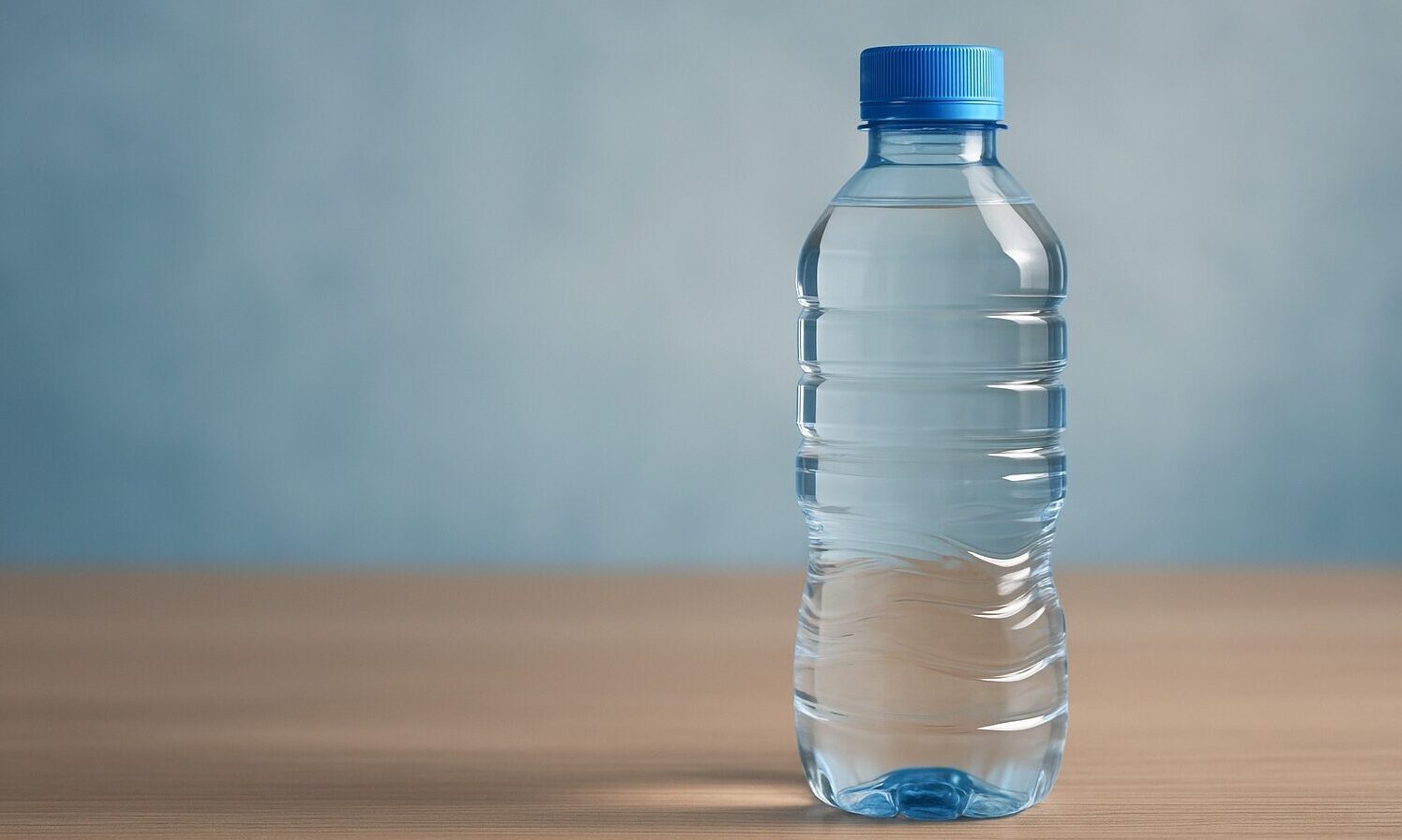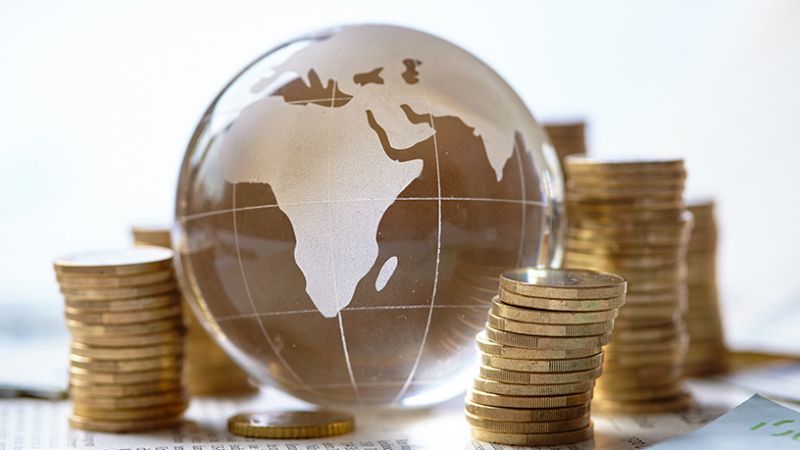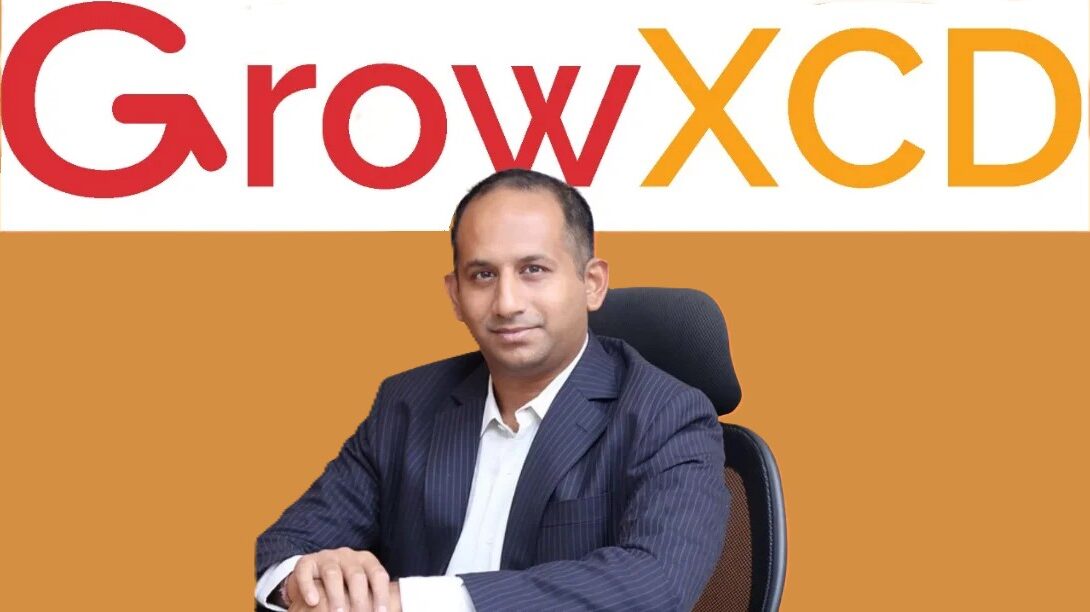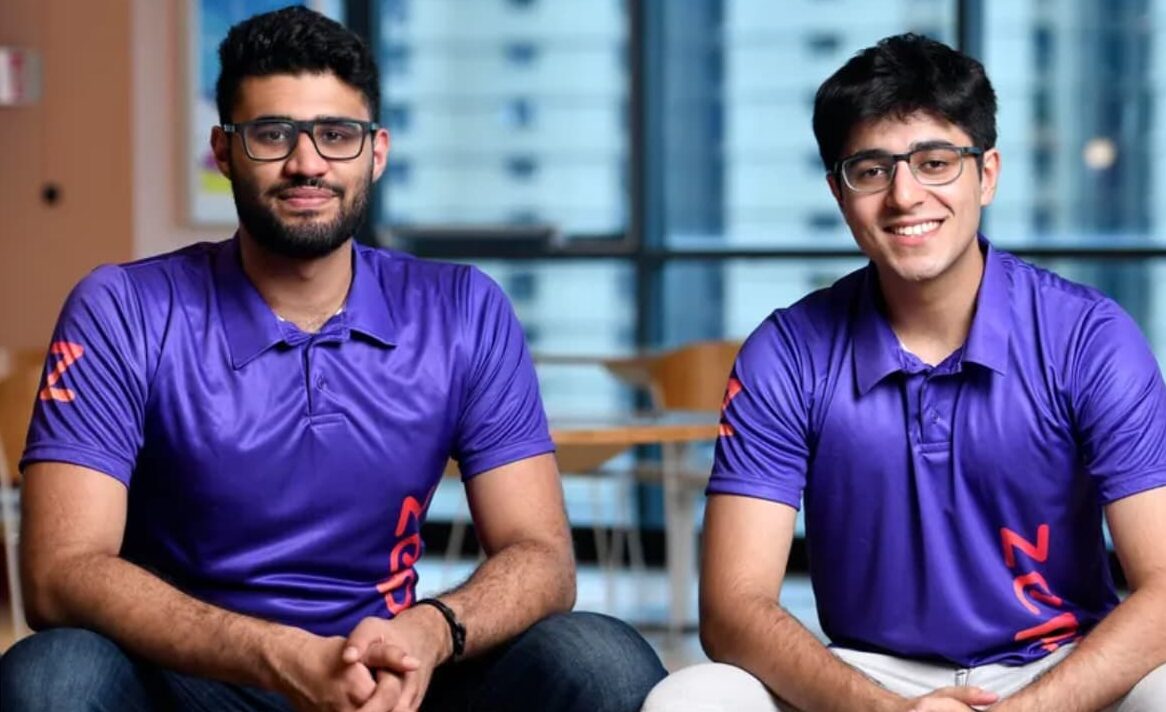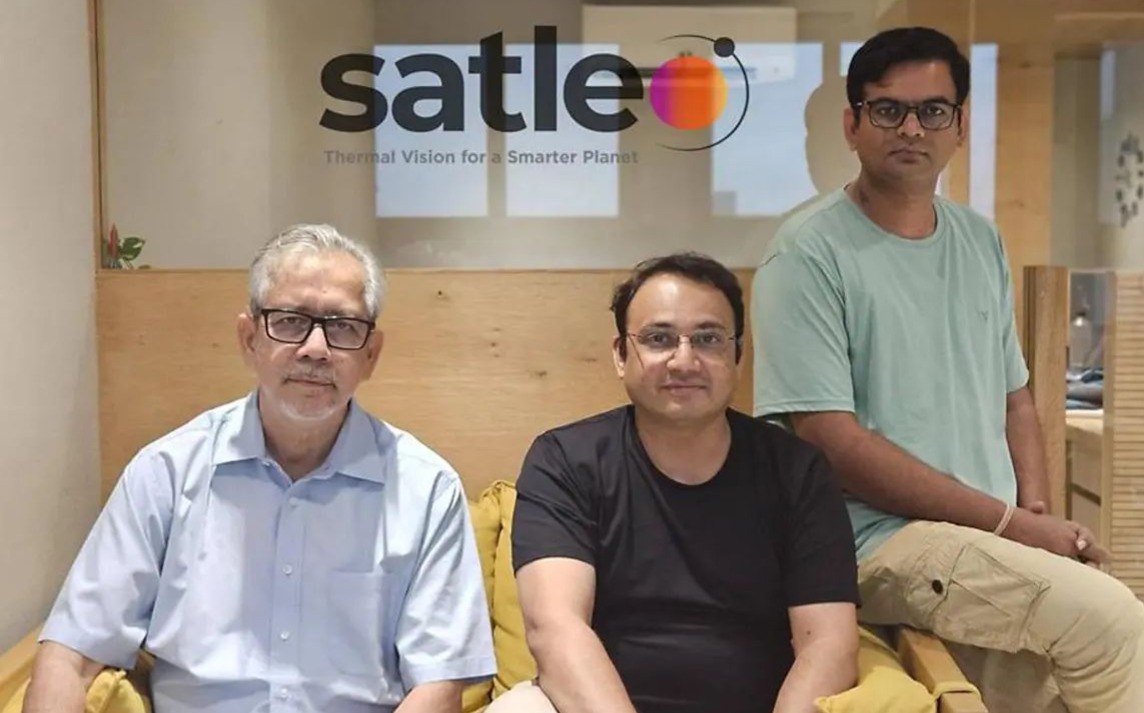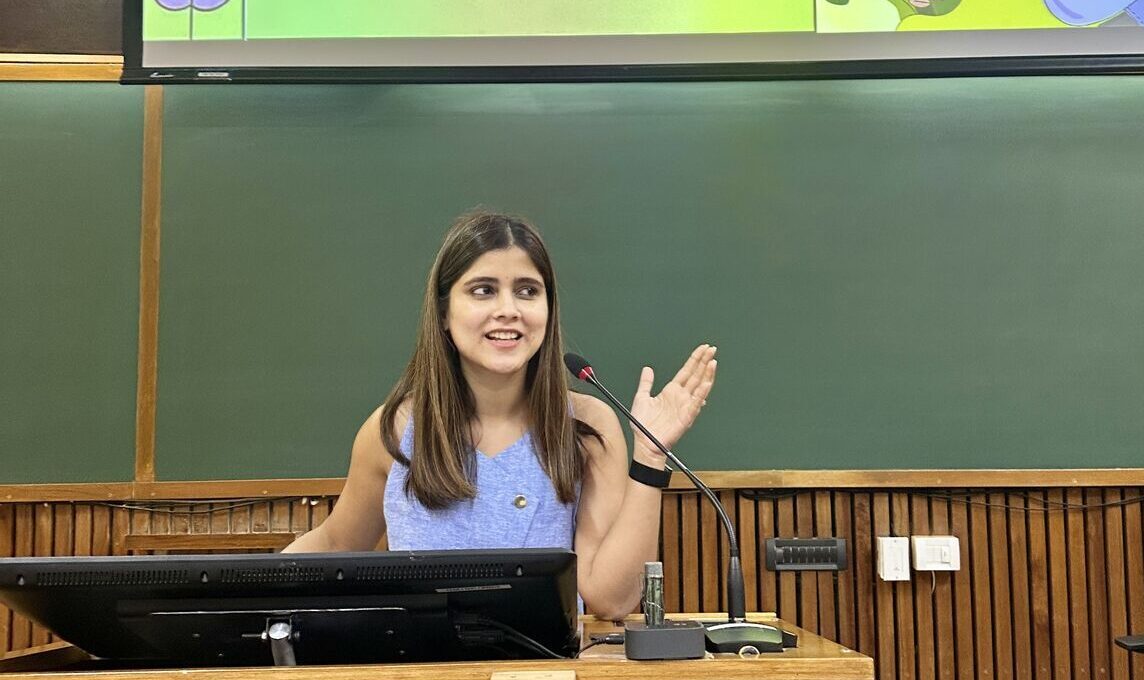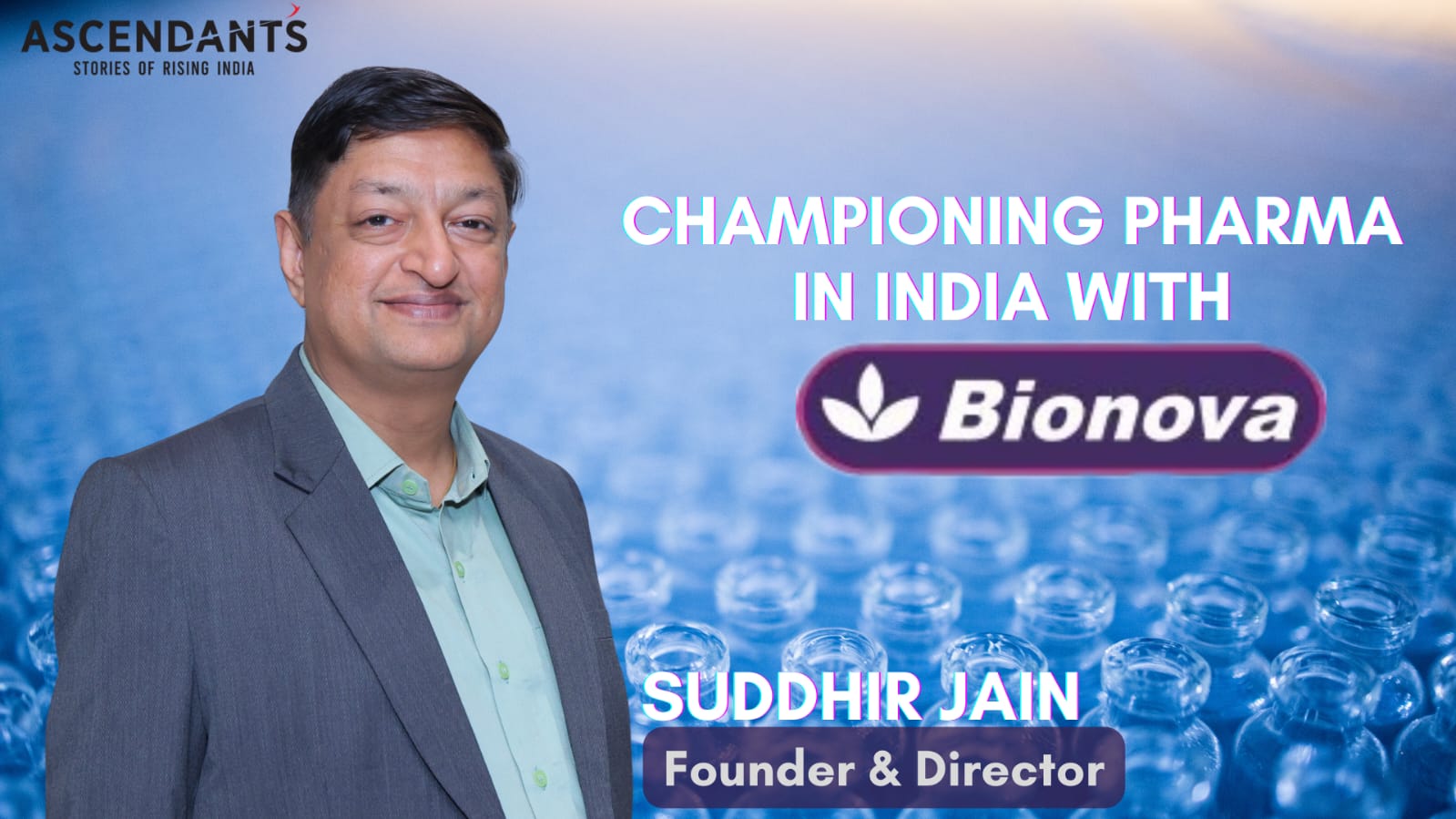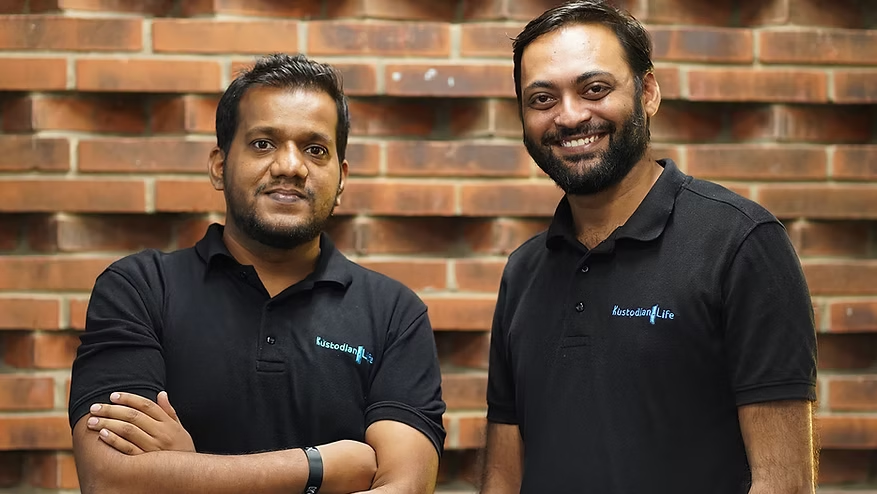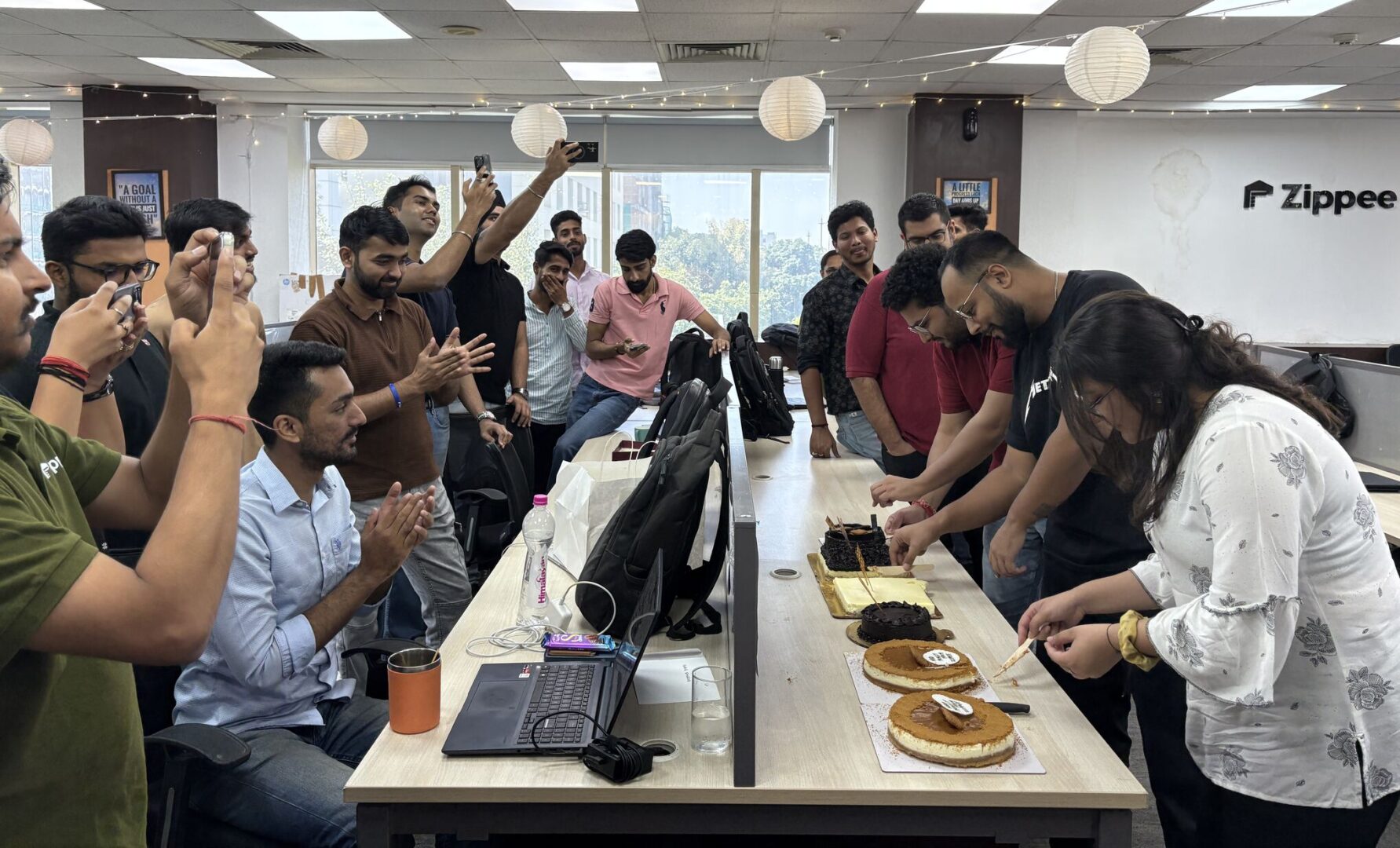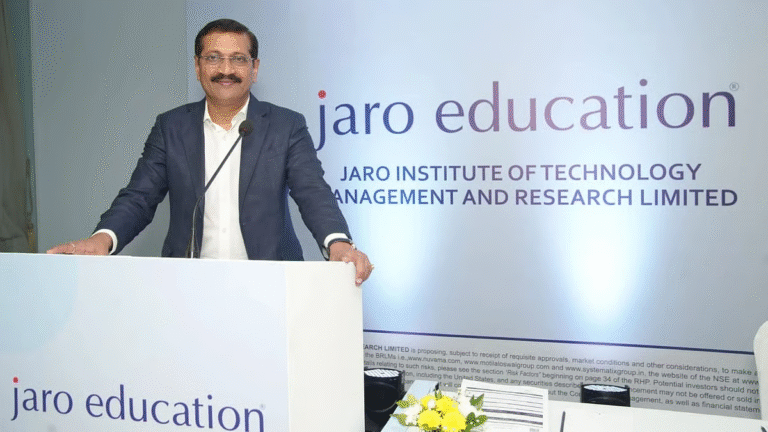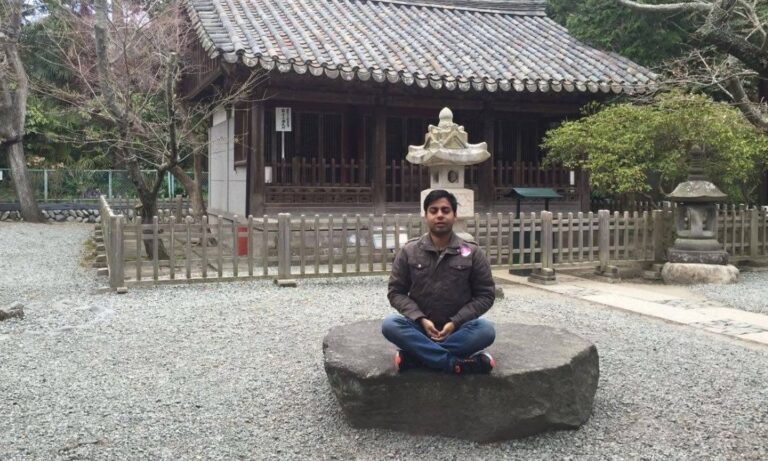Reliance Consumer Products Ltd. (RCPL) has opened a fresh front in India’s fast-moving consumer goods battle, this time, in bottled water. Under the Campa umbrella, the company has launched Campa Sure, an affordable packaged drinking water brand aimed squarely at a market valued around ₹25,000-30,000 crore.
For decades, this space has been ruled by Bisleri, Kinley, and Aquafina, with prices stubbornly anchored at ₹20 for a one-litre bottle. Reliance is now shaking that status quo, positioning Campa Sure at ₹15 per litre, signalling the beginning of a price reset in a category that rarely sees disruption.
The Pricing
Reliance has kept its strategy simple: reach everyone, price for everyone. Campa Sure bottles cost ₹5 (250 ml), ₹10 (500 ml), ₹15 (1 L), and ₹25 (2 L). Even the 20-litre jar, a mainstay for homes and offices, is priced aggressively between ₹60 and ₹70 depending on region.

This 20-30 per cent discount isn’t a clearance tactic, it’s a penetration strategy. The logic is clear: in a product where trust and availability matter more than advertising, the brand that’s cheapest and easiest to find wins the sale.
Built on Reach, Not Just Price
Reliance isn’t starting from scratch. It already operates 18,000+ retail outlets across formats, from Reliance Smart and Smart Bazaar to JioMart Partner stores, giving Campa Sure immediate shelf space in both modern trade and neighbourhood kiranas.
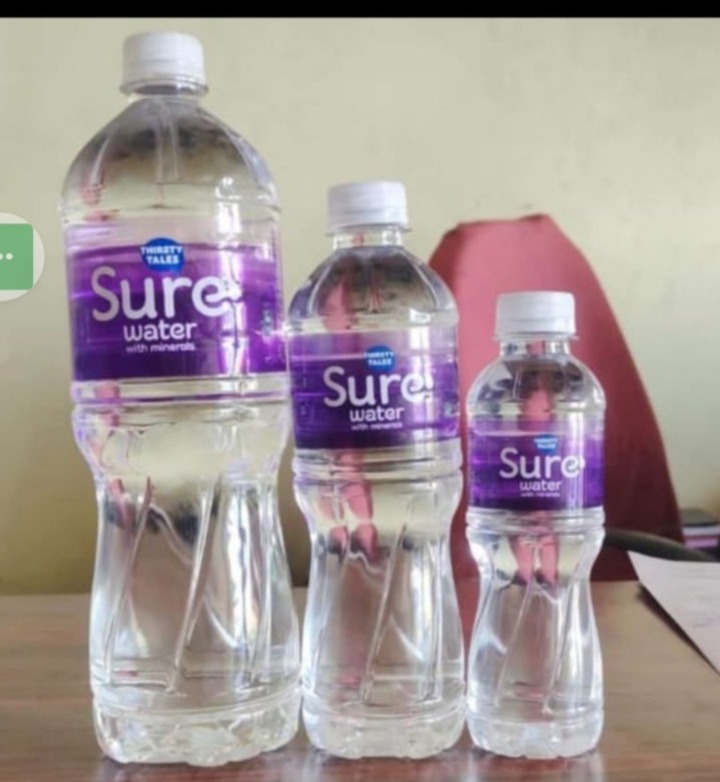
To keep logistics tight, RCPL is partnering with two dozen regional bottlers who already understand local water sources and compliance norms. A 6-lakh-sq-ft plant in Guwahati, opened earlier this year, anchors supply in the Northeast. This hub-and-spoke model helps cut freight costs, crucial in a business where transportation can swallow margins.
Dual Branding, Double Shelf Space
Campa Sure isn’t alone. RCPL’s Independence Water, sold largely through Reliance Fresh and Smart outlets, continues alongside it. Independence appeals to grocery shoppers, while Campa Sure plugs into the beverage-first network. Together, they allow Reliance to occupy two price points and two shelf zones, a smart way to box in rivals.
The Indian Water Market: Scale & Fragmentation
India’s thirst for bottled water is rising about 12 per cent a year. The 1-litre pack dominates, followed by 500 ml and 250 ml sizes. Yet beneath the surface, the market remains 65 per cent unorganized, thousands of small bottlers, many without national presence or strong quality recall.
This fragmented tail is Reliance’s easiest target. If Campa Sure offers branded safety at local-brand prices, millions of consumers will trade up, not from Bisleri, but from the nameless bottles on highway stalls and station counters.
Winning the Storefront
In India, bottled water is rarely a planned purchase. Over 70 per cent of buyers simply ask, “Ek bottle paani dena.” The retailer decides the brand. Reliance knows this and is offering margins of 6–8 per cent, nearly double the 3-4 per cent others give.
That difference tilts the counter in Campa’s favour. A shopkeeper earning a few extra rupees per case is far more likely to hand the customer a Campa Sure bottle. Availability, not advertising, will build the brand.
Consumer Lens
Urban buyers link water with purity and trust. Semi-urban and rural buyers focus on price and convenience. Campa Sure speaks to both: Reliance’s brand equity assures quality; its pricing promises value.
Still, trust is earned sip by sip. RCPL must keep quality consistent across partner plants, display BIS certification prominently, and communicate its “sure purity” message through packaging and on-ground visibility rather than expensive mass media.
How Rivals Will React
Industry veterans don’t expect Bisleri, Coke, or PepsiCo to mirror Reliance’s pricing, it would dent their margins and dilute brand equity. Instead, they’re likely to:
- Reinforce trust through campaigns on purity and heritage.
- Expand premium lines (Bisleri Vedica, Aquafina Vitamin Water).
- Sweeten trade deals selectively in high-volume regions.
The real shake-up will be in the bottom tier, where unorganized players will struggle to justify even ₹10 bottles against Campa Sure’s ₹15 branded offer.
Analysts expect Campa Sure to capture 5-10 percent share by FY 2026 if distribution scales as planned. That’s modest by Reliance standards but meaningful in a category long seen as mature.
Challenges remain: water is heavy, margins thin, and demand seasonal. Expanding into HORECA and institutional sales will test pricing discipline. Yet with GST on packaged water down to 5 per cent, conditions favour growth.
Campa Sure: More Than A New Label
Campa Sure is more than a new label, it’s Reliance’s declaration that no FMCG segment is too saturated to shake up. By pairing affordable pricing with nationwide reach and retailer-first economics, RCPL is betting that trust can be built through ubiquity.
If executed with the consistency Reliance is known for, Campa Sure could soon turn the humble water bottle into the company’s next mass-market success and make ₹15 the new ₹20 in India’s hydration business.
Also Read: Campa’s Iconic Comeback : Backed by Reliance









